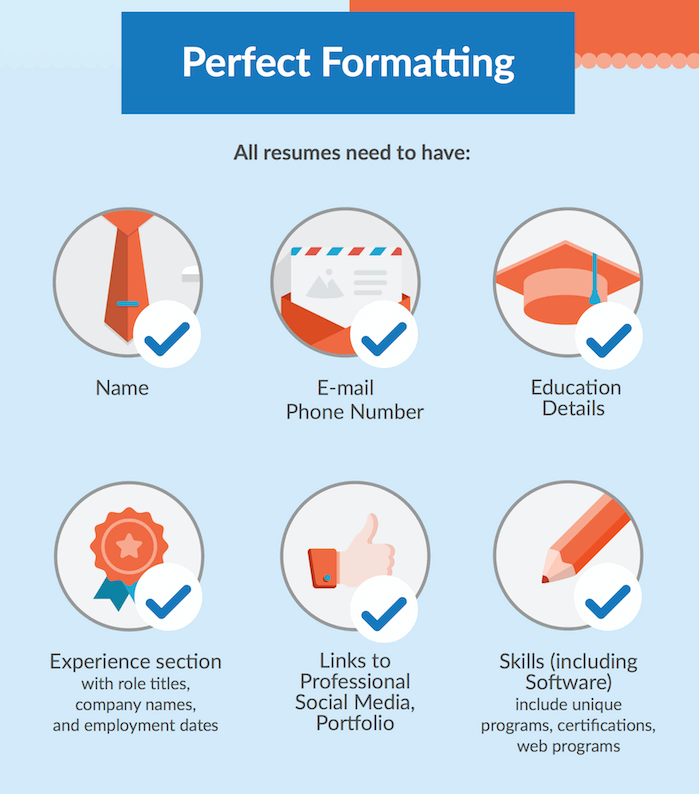You wrap undergrad with a “passion for fashion,” land the dream job in merchandising, and add a major global brand to the first slot on your first resume. It’s all happening.
…Until reality hits: you're buried in spreadsheets, not sketchbooks. The creative spark that got you here? Nowhere to be found. So you pivot to marketing. But the industry is shifting. Video is on the rise, TikTok is the new king, and storytelling is the only creative skill companies care about.
Suddenly, you're shooting, directing, producing (all the things), and apparently, you’re good at it. It’s all coming together again. A few clients start lining up, and you begin consulting. You’ve got enough projects to pay your rent. You’re at the center of it all, or at least your consulting universe.
Now you’re a bona fide Creative Director, who’s also a Brand Strategist. Oh, and you’re the Head of Marketing for a top startup. You spend over a year rewriting the agency’s copy, so now you’re also an accidental copywriter. Add it to the resume.
And what is your resume title now, by the way? Because it’s time to look for a job. And full-time could be nice, if not necessary for this next season of life.
But when you apply for jobs in those areas… crickets.
We see you, and so many talented and accomplished creatives in the same (or similar, snowflake) boat.
Thankfully, in 2025, doing it all isn't a red flag. It's actually your edge.
How to Pitch Yourself as a Creative Generalist
It’s time for a fresh philosophy and approach for the multi-potentialite. Here are 10 steps for showing up and getting hired, while being fully and unapologetically you.
1. Stop seeing this as a bad thing.
You’re experienced and accomplished in more than one area. That’s an achievement worth celebrating, not hiding.
2. Apply where multi-functional talent is the norm.
Most modern creative roles don’t just welcome versatility, they depend on it. Startups, small teams, and digital brands often hire people who can do a little of everything.
If you can concept, script, direct, and polish a campaign, that’s not confusing. That’s gold.
3. Define your throughline.
What connects all of your experience? Strategy? Storytelling? Aesthetic vision? Find the thread.
That’s your narrative. You’re not scattered. You’re multi-layered. Lead with that, and your resume becomes a case study in creative clarity
4. Market the outcome, not the titles.
Job titles are messy when you’ve worn many hats. Focus instead on the results you create.
Try: “I help brands clarify their identity, communicate it across every channel, and make people feel something.”
Way more powerful than “brand strategist slash creative director slash copywriter.”
And if you're a freelancer, we have more tips on how to stand out in a crowded market.
5. Package yourself like a product.
Define your “offers” clearly so employers understand where to place you. For example:
- The Brand Architect
Strategy, messaging, and naming - The Editorial Creative
Copywriting, art direction, and campaign ideation - The Story-First Creative Lead
Narrative, direction, and performance
6. Show you’re fluent in AI and tech, but with taste.
In 2025, AI isn’t a bonus. It’s a baseline. Employers want creatives who can work smarter.
Highlight your use of tools like ChatGPT, Midjourney, or Notion AI. But be sure to emphasize the thing AI can’t replicate: your creative instinct.
7. Curate your portfolio to show range and tell a story.
Don’t show everything. Show the best of everything.
Choose work that ties back to your throughline. Use storytelling to bring it to life:
- Where did you step in?
- What was the challenge?
- What changed because of your contribution?
8. Target companies that hire hybrid creatives.
LinkedIn is a start. But also check platforms built for people like you. Contra, The Dots, and Creative Mornings all attract clients who value strategic generalists with creative range.
We’d love to work with you at Artisan Talent!
9. Show you’re the architect and the builder.
Companies want creatives who can lead and do. That’s you.
Say things like, “I concepted the brand campaign, pitched it, and directed the shoot.”
You’re not just strategic—you’re hands-on. That's your edge.
10. Own your range, don’t downplay it.
For good or bad, companies need flexible creatives who can do it all. Versatility is power. Strategic thinking is powerful. Being multi-skilled? That's power.
The only thing standing in your way now is the impulse to apologize for being great at more than one thing.
So stop apologizing and start owning it.
Ready to turn your multi-talented resume into a job offer? Let’s make it happen.




